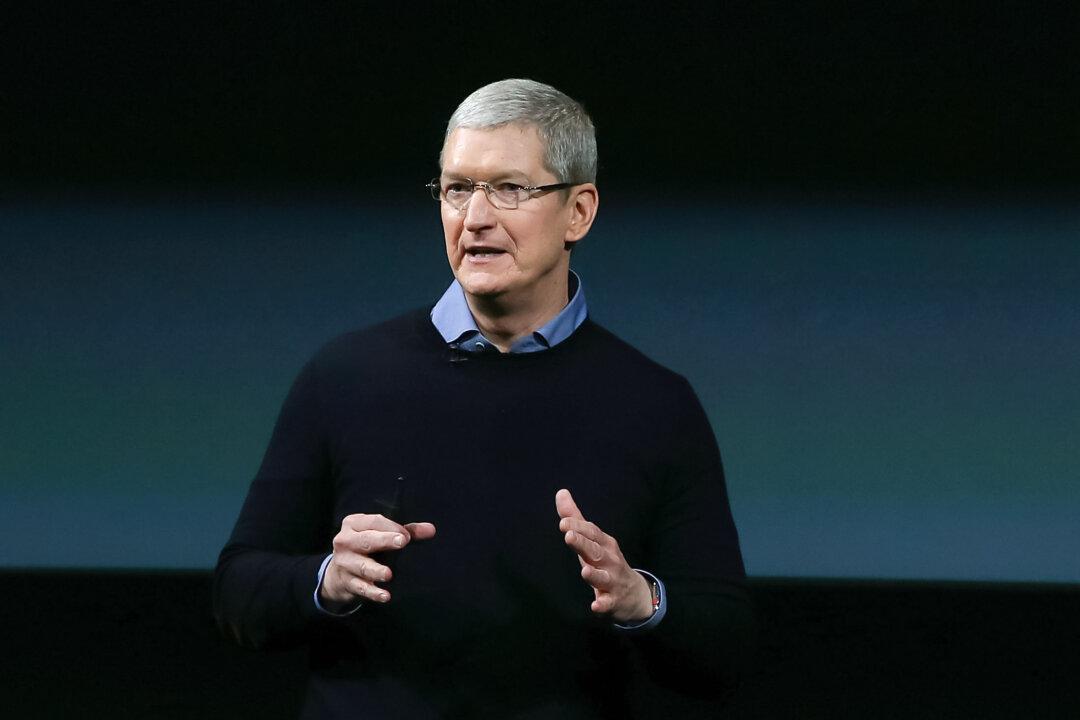The business principle of evolving comparative advantage, coupled with intense political pressures, explains Apple’s decision to shift a bulk of its iPhone production from China to India, Vietnam, and other markets, and the growing bearishness of other multinational firms toward operating in China, an expert on trade and financial markets has told The Epoch Times.
Reports last week that Apple had produced $14 billion of its iPhones in India over the last fiscal year fostered speculation as to why the company might be less focused on China, a country that U.S. firms have long turned to for its abundant supply of cheap labor in spite of well-documented human rights issues and concerns about a possible invasion of Taiwan.





